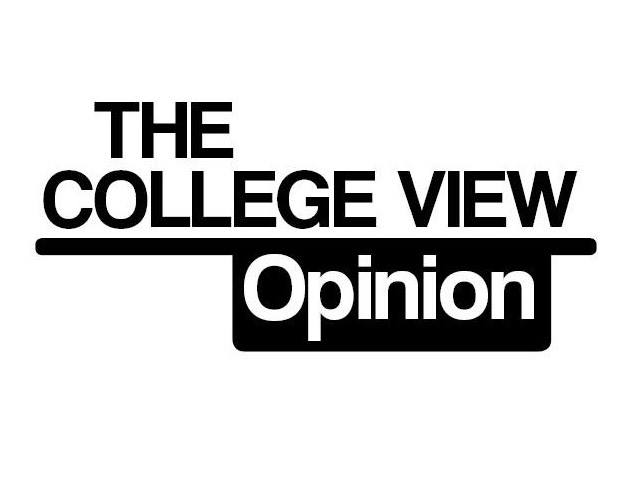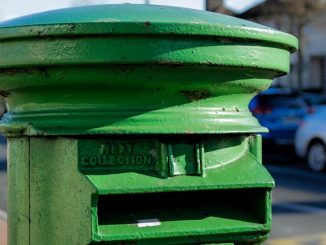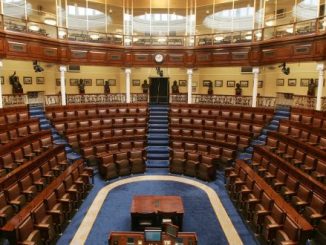
Whistleblower. The essence of a paradox. Standing alone, speaking for the masses. Ostracised, excommunicated.
It doesn’t sound very nice does it?
That’s a problem, a real one, because the act of ‘whistleblowing’; shining a light on the wrongdoings, corruption, and abuse of power, is unquestionably an act of bravery.
How they are portrayed has to change.
They don’t just deserve a medal, monetary incentives should be made available for Irish whistleblowers; the US have been doing so for over 150 years.
Let’s face it, going by the recent history of this country, there’s an infinite amount of cover-ups that have yet to be uncovered.
The Anglo tapes emerged in the Irish Independent last summer, six years after the incriminating phone calls were actually recorded. That indicates both a dearth in investigative journalism in this country and a deliberate collusion on the part of the employees.
Had money been made available to whistleblowers in the banking sector, surely an employee would have come forward with information that would save both the state and taxpayer millions.
Take Sergeant Maurice McCabe, the whistleblower of the moment, he’s been consistently reporting incompetence within the Gardaí for nearly a decade.
Even when doing so ‘anonymously’ to the now sacked Garda confidential recipient Oliver Connolly, McCabe’s name found its way to the upper echelons of the force.
Connolly let the ‘whistleblower’ know that if Justice minister Alan Shatter “thinks you’re screwing him, you’re finished.”
McCabe has pledged that “they are not going to shut [him] up” as he is determined to reveal the true extent of what he deems incompetence within the force. Just as Sheena McMahon persisted with allegations of Gardaí malpractice in the nineties, eventually leading to the Morris Tribunal.
Another recent Garda whistleblower, John Wilson, who quit the force following allegations that mirrored McCabes, has said that Gardaí who suspect wrongdoings “have no one to turn to”, and who can blame him?
When Gemma O’Doherty, an award winning journalist of sixteen years for the Irish Independent, dared to approach the house of the Garda Commissioner to investigate whether or not he had been involved in a cover up, she was sacked, branded a ‘rogue reporter’, and left to rot by the rest of the Irish media who provided the feeblest of coverage.
Currently, there is an act for the protection of whistleblowers, the Public Disclosures Bill of 2013, which is close to being passed in this country. Yet, it’s nowhere near enough.
The Government, the church, the Gardaí, the banks, you name it, hundreds of wrongdoings have been exposed by Irish whistleblowers and the public coming forward with information in recent years.
The Independent reported that we rank fifth in the world, alongside India, for corporate whistleblowing. Again, it’s not enough. It never will be, until the veil has been lifted off our cloaked society and pure transparency is achieved.
Whistleblowing carries an association with deception, with shadiness; ‘grasses’ aren’t too far down the scale.
Perhaps it’s due to our history, looking back on those centuries of oppression, and even the civil-war era, where the ‘Irishness’ was literally suffocated from our lungs; it took ‘flying columns’, and guerrilla warfare for us to survive, and we mastered it. ‘Informant’, the dirtiest of words to be associated with in this country carried such heavy repercussions during those days.
Today, however, we face a different type of oppression; one of white-collar corruption and collusion on many levels. It’s one that has to be combated, and whistleblowers may be the key.
It’s embedded into our brains as children not to ‘tell-tales’, because nobody wants to be known as a ‘big-mouth’.
But when has ‘looking the other way’ ever averted a disaster? When has hindsight ever saved the taxpayer billions?
Whistleblower; a word that commands solitude, emerging off the tongue with a hiss, bereft of warmth. They deserve a better description; national hero isn’t too far way.
Tomas O Ruanaidh is a final year Journalism student in DCU.




Leave a Reply